Today’s Gospel has some rather obvious applications, not all of which are entirely accurate. For example, many may hear this Gospel reading as a condemnation of the rich or a warning against having too much money or pursuing wealth. Indeed, riches can be a distraction and an obstacle to a relationship with the Lord, and our Lord does warn in other places against pursuing wealth or not using it correctly. Saint Paul says to Timothy that “the love of money is the root of all evil.” (1 Timothy 6:10) But having money is not in and of itself evil; in fact, having money can be an opportunity for holiness if one uses one’s wealth to serve and build others up. But I really do not think that Jesus was using this particular opportunity to condemn greed; I think he was going for a different message here.
Another application of this reading might be to encourage stewardship. Here the idea would be that virtuous stewardship consists of giving sacrificially and not just pledging some of one’s surplus wealth. There’s something to be said for that, because the requirement to be a good steward does include the notion of sacrificial giving, giving from one’s need. In giving from our need, we trust God with our well-being, and he never fails in generosity. So maybe Jesus is calling on us to give more so that he can give more – when we create want in our lives, there is space for God to give more grace.
So in both of these applications, the subject is money and its use. But when it comes down to it, I don’t think Jesus intended money to be the subject here. I think instead, he was focusing on the sacrifice.
Look at what he said the widow did. She put into the treasury a small amount, but it was all she had: Jesus says, “but she, from her poverty, has contributed all she had, hew whole livelihood.” Not so different from that is the sacrifice of the widow of Zarephath in the first reading. Elijah had prophesied a drought over all of the Land, God’s punishment for the wicked acts of their kings. And so water and food were in scarce supply, and God sends Elijah to the widow. She’s just about to use up the last of her flour and oil to cook a final meal for herself and her son, when Elijah meets her and asks her to make him some food. He encourages her to trust God, and when she does by giving all that she has, she finds God faithful to feed all of them for some time.
So I’d like to suggest that both of these widows had given everything for their relationship with God. They trusted Him with their very lives by giving everything had to give. It’s a super-scary thing to do, isn’t it? We are ones who love to be in control of our lives and of our situations, and so giving up all of that gives us more than a little pause. But honestly, it takes that kind of a leap of faith to get into heaven. If we still are grasping onto stuff, then our hands are full, and we cannot receive from God the gifts and the grace he wants to give us.
Look at the cross. That, friends, is the prime example of giving everything. And our God did that for us. Jesus went gave everything he had by giving his life, suffering the pain of death that we might be forgiven of our sins and attain the blessings of heaven. God is faithful and so he will not leave us hanging when we give everything for him.
But here’s an important message: the time is short. The Church gives us this reading very purposely on the third-to-last Sunday of the Church year for a reason. Because if we’re still hanging onto the stuff that keeps us bound to this life, we may very well miss our invitation to eternal life in the kingdom of heaven. To get to heaven, we have to choose our relationship with God over everything else in our lives. Everything. We have to empty our hands of all this earthly wealth so that we might obtain heavenly wealth. We have to give everything we have for our God who gave everything to us and for us, or we’ll be left out. Hell is truly having nothing, not even Christ, and that’s real poverty. So we need to model our lives after the example of the widows in our readings today, giving everything, so that we might have Christ who is everything we need.
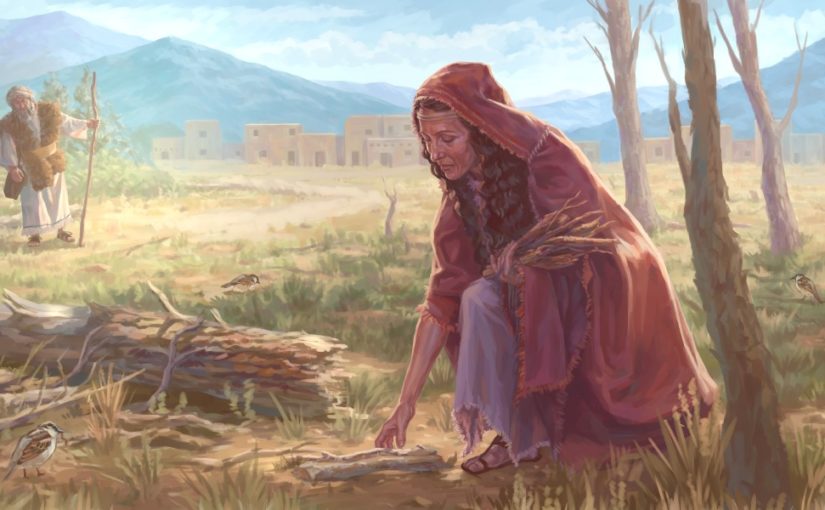

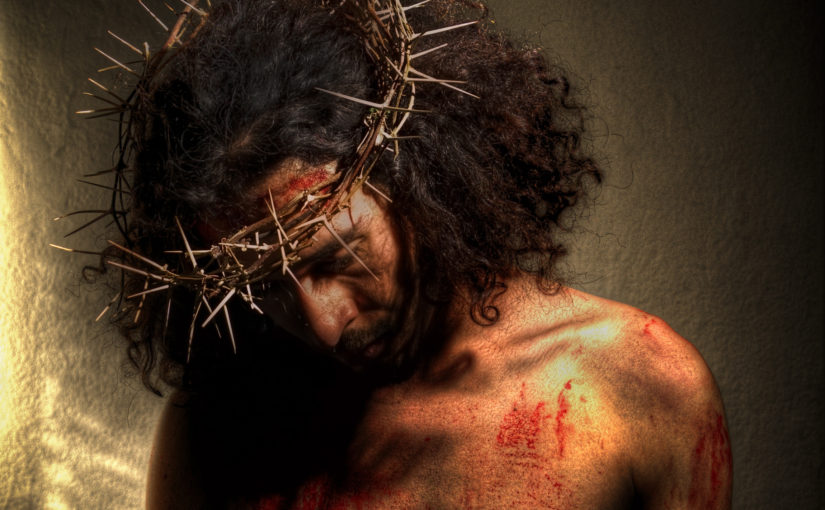
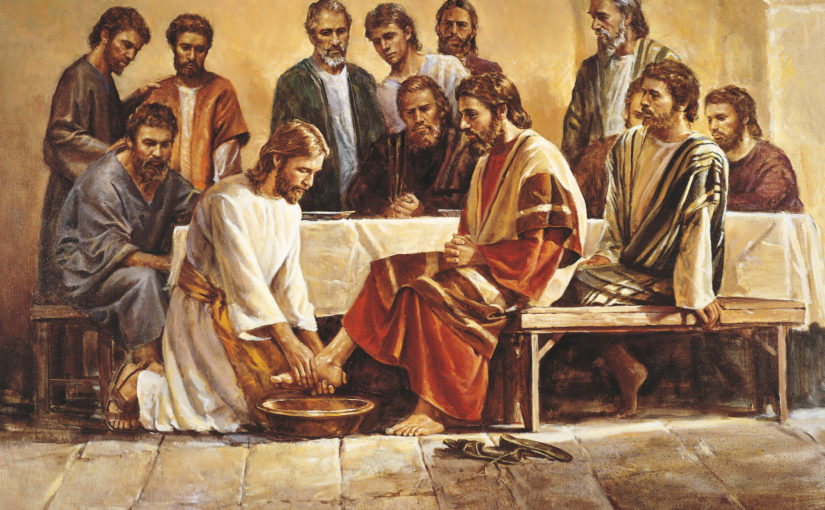
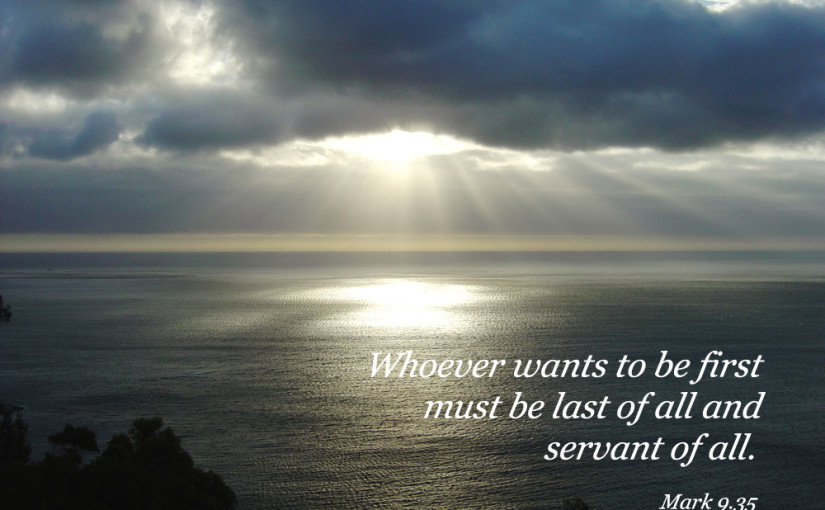
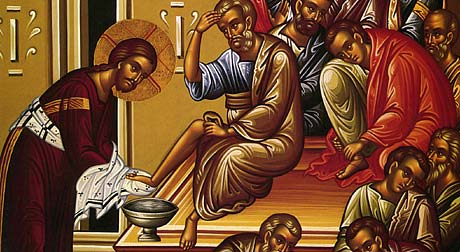
![The Twenty-fifth Sunday of Ordinary Time [Cycle B]](https://father.mulcahy.net/wp-content/uploads/2010/06/cropped-IMG_1212-e1379750321530.jpg)
You must be logged in to post a comment.